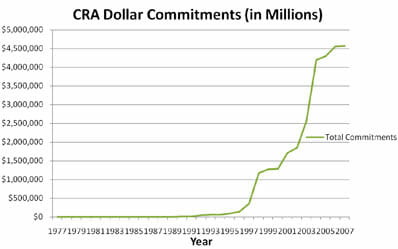In the movie Wag the Dog, and American president and a movie producer faked a war in Albania to divert political attention form a domestic scandal. They created fake but riveting film of desperate Albanians caught up in the war. I always wondered how confused the people of Albania, sitting in their peaceful homes, were by these images if they saw them on CNN.
I live in Arizona, not Albania, but I am just as confused. I have lived in Phoenix for 10 years. I run a public contact business all over the state, including at least one location in sight of the Mexican border. And I am confused as can be when I read stuff like this:
Nevertheless, here it goes from a supporter of legal immigration: how are we to make sense of the current Arizona debate? One should show concern about some elements of the law, but only in the context of the desperation of the citizens of Arizona. And one should show some skepticism concerning mounting liberal anguish, so often expressed by those whose daily lives are completely unaffected by the revolutionary demographic, cultural, and legal transformations occurring in the American Southwest.
WTF? I read this all the time. I am told there is a war going on around me and people are being devastated, but I never see it. And nobody I know ever sees it directly. It is always a "someone else" (maybe, as I suggested in an earlier post, it is all happening to that lady who put her cat in the microwave to dry.")
I won't spend all day with VDH's post, but there are a couple of other things he writes that seem nuts, given his reputation for being pretty smart
Why Wave the Flag of the Country I Don't Wish to Return To?
Have you ever been to a Saint Patrick's Day parade in Boston or Chicago? To Columbus Day parade in New York? So its OK for Europeans to show some affinity for the mother country even as they reside in the US, but not Mexicans?
Look, I get irritated to no end by people who come here for freedom and prosperity and then immediately start advocating for and voting for steps that undermine both. But that's not an immigrant issue, its a Constitutional one, where we have allowed courts to rewrite protections against government encroachment.
Substitute New York in 1860 for Arizona in 2010 and Irish for Mexican, and you would see the exact same dynamics at work, except that Arizona in 2010 is a lot more peaceful than New York in 1860.
California's meltdown is instructive. If about half the nation's illegal aliens reside in the state, and its problems are in at least in some part attributable to soaring costs in educating hundreds of thousands of non-English-speaking students, a growing number of aliens in prison and the criminal justice system, real problems of collecting off-the-books income and payroll taxes, expanding entitlements, and unsustainable social services, do we wish to avoid its model?
Really? One word: Texas. Texas has the same immigration issues and a MUCH longer border than California. California's problems are its profligate and anti-business government, something that Conservatives tend to point out a lot in about a million comparisons with Texas, except of course when they want to blame it all on immigration instead.
First, there is the simplicity of the argument. One either wishes or does not wish existing law to be enforced. If the answer is no, and citizens can pick and chose which laws they would like to obey, in theory why should we have to pay taxes or respect the speed limit? Note that liberal Democrats do not suggest that we overturn immigration law and de jure open the border "” only that we continue to do that de facto.
This is hilarious in the context of Arizona. While the AZ legislature has been passing this law, it has been passing a series of other laws to give the big FU to federal law. These bills include not enforcing federal insurance mandates in AZ, not enforcing EPA CO2 regulations in AZ, ignoring federal law on commercialization of rest areas, ignoring the REAL ID act etc. For God sakes this is the state whose Republican governor in the 1990's sent the national guard to take over the Grand Canyon from the feds. To piously assert this is all about enforcing federal law and that it is wrong to ignore some laws but enforce others is absurd. This country has a long history of popular nullification of bad laws -- the 55-mile an hour speed limit was nullified by rampant non-compliance long before it was repealed.
I understand there are complexities in immigration, the most important of which is the conflict between a generous safety net and open immigration. But note that while many Conservatives will say this, none of them are proposing any changes to safety net eligibility vis a vis immigrants. When all they ask for is for the borders to be locked down, then all these arguments just seem like window dressing to the true desire to say "my family got in, now its time to lock the door."


